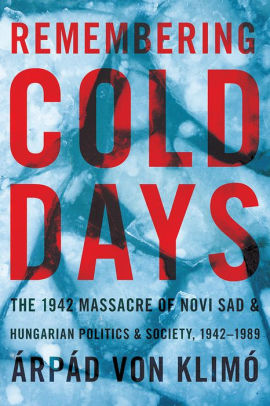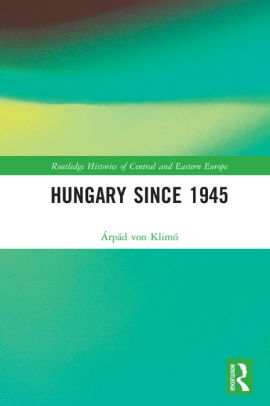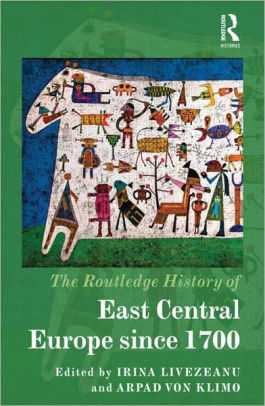


2018, University of Pittsburgh Press.
“Between three and four thousand civilians, primarily Serbian and Jewish, were murdered in the Novi Sad massacre of 1942. Hungarian soldiers and gendarmes carried out the crime in the city and surrounding areas, in territory Hungary occupied after the German attack on Yugoslavia. The perpetrators believed their acts to be a contribution to a new order in Europe, and as a means to ethnically cleanse the occupied lands.”

Lying on the political fault line between East and West for the past seventy-five years, the significance of Hungary in geopolitical terms has far outweighed the modest size of its population. This book charts the main events of these tumultuous decades including the 1956 Uprising, the end of Hungarian communism, entry into the European Union and the rise to power of Viktor Orbán and the national-conservative ruling party Fidesz.
Learn More
Covering territory from Russia in the east to Germany and Austria in the west, The Routledge History of East Central Europe since 1700 explores the origins and evolution of modernity in this turbulent region. This book applies fresh critical approaches to major historical controversies and debates, expanding the study of a region that has experienced persistent and profound change and yet has long been dominated by narrowly nationalist interpretations.
Written by an international team of contributors that reflects the increasing globalization and pluralism of East Central European studies, chapters discuss key themes such as economic development, the relationship between religion and ethnicity, the intersection between culture and imperial, national, wartime, and revolutionary political agendas, migration, women’s and gender history, ideologies and political movements, the legacy of communism, and the ways in which various states in East Central Europe deployed and were formed by the politics of memory and commemoration. This book uses new methodologies in order to fundamentally reshape perspectives on the development of East Central Europe over the past three centuries.
Transnational and comparative in approach, this volume presents the latest research on the social, cultural, political and economic history of modern East Central Europe, providing an analytical and comprehensive overview for all students of this region.
Learn MoreLearn More